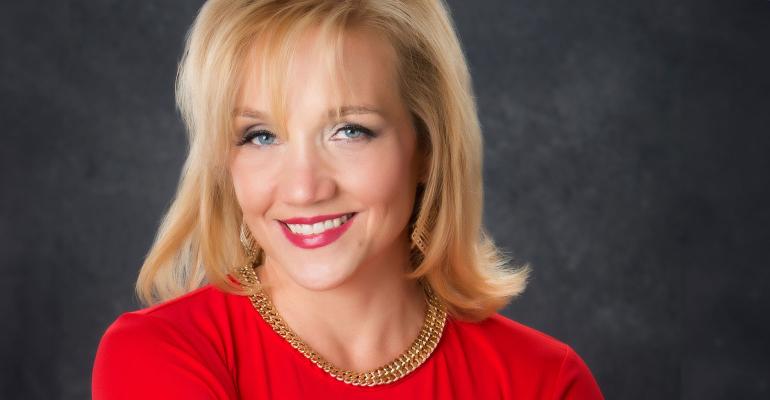This week, the inaugural cohort of the Founders Arena WealthTech Accelerator will be showcased during the WealthTech Combine 2023.
The Founders Arena is a grant-funded nonprofit based in Arlington, Texas that is focused on providing early-stage wealthtech companies resources, mentorship and opportunities for collaboration.
A half-dozen companies will have a chance to meet with industry leaders, network and attend sessions Tuesday and Wednesday at The Center for Visual and Performing Arts.
The cohort of participants involved in the 10-week program includes Charityvest, of Atlanta; InvestSuite, of Leuven, Belgium; Lumiant, of Sydney, Australia; Manifest, of Chicago; Sora, of San Francisco; and Tax Status, of Frisco, Texas.
Unlike most traditional accelerator programs, the companies selected have all been previously funded (an average of $6 million, according to the Arena), and already have an annual recurring revenue of $1 million.
Before the two-day event begins, Pamela Cytron president of the Founders Arena, sat down with WealthManagement.com to discuss how the accelerator program began, how they selected the companies to participate, how they help them succeed and more.
This Q&A has been edited for style, length and clarity.
WealthManagement.com: Why you decided to start this accelerator program?
Pamela Cytron: Did the world need another accelerator? Probably not. But, we believe there was a way to look at that through a different lens. After doing a bunch of research, we looked at it from a sector focus. If you look at the size of the market, the opportunity, the growth, the need and technology on a global basis, wealthtech certainly has a huge opportunity. We created a concept, after lots of legal work, called performance-based equity. We’re driving it by revenue. If you go through the program and you get nothing, we take nothing. The 7% market cap is the maximum equity we will take. The grant will be made at the end.
WM: How did you decide which companies to select for this first cohort?
PC: We started our application process at the beginning of June. We got about 70 applications, and the average seed round [among them] was $6 million. The average revenue that they had was $1.2 million. They were in business for 24 months, a little bit longer. I honestly didn’t think we would get that many. Out of that, we picked six.
WM: Two of the six companies in this cohort are international. Why was that important?
PC: If you think about international companies, they might be in a place, they’ve gotten successful. Everyone wants to come to the US. They hire a girl. They hire a guy. Whatever. They put them on a coast and they say, “Go sell.” Nine out of 10 times it doesn’t work out so well.
In our program, it gives them the ability to get a jump start on that market without just having somebody knocking on doors. We’re going to curate that first set of clients for them.
WM: How, specifically, does the accelerator help these companies in the cohort?
PC: It’s our job that they will get a minimum of 50 VIP visits with buyers that would fit their product market. Our first cohort had six in it, and all six don’t have the same value proposition. Certain start ups may be able to find a market that they may have overlooked in the past. This accelerator helps them find that value by meeting with new partners.
I think in the world that we’re in, founders are spending too much time trying to get the money to create their ideas. If you just shifted that energy into a more disciplined sales process, you could try to cover your nut and get that revenue going.
Our program is all about growth. We’re not telling them what to build. We’re not telling them how to do it. This is also one of the reasons we’re looking at post-revenue companies, probably less than $1 million. Predominately pre-Series A. They’ve probably done a seed of friends and family. They probably have not done a round, but they’ve either been brave enough to ask somebody for money or somebody felt their product was worth paying them for.
Part of the process is making them understand that de-risking your company is not shameful. They already know you’re small. They already know you don’t have any money. But if they like what you’re doing you’ve got to constantly be de-risking yourself at the same time you’re trying to sell them your shiny object. De-risking means our accelerator is sales focused. We are giving this cohort access to customers and strategic partners, building their sales, training and skill development and how to handle procurement. We've already validated their proof of concept, so the de-risking is providing new growth opportunities.





